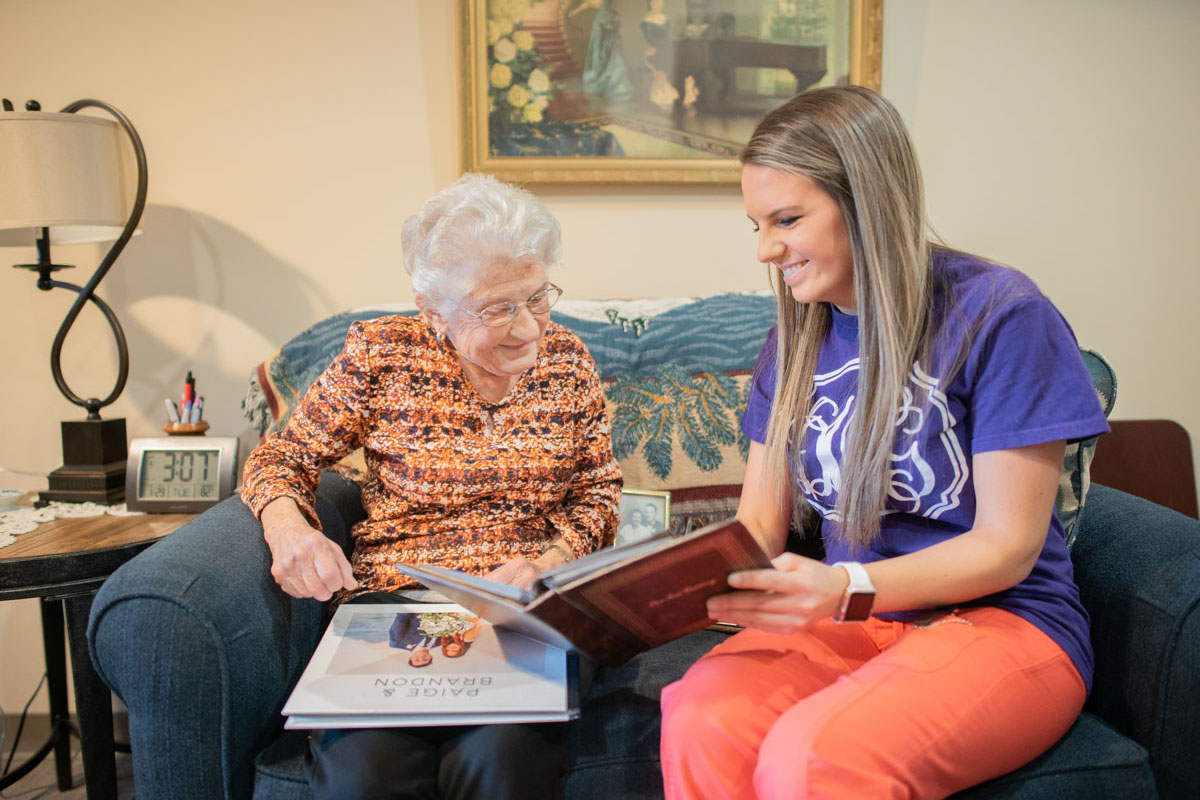What to Consider When Choosing Post-Hospitalization Care
Posted By Pavilion Senior Living on February 15, 2024
Selecting post-hospitalization care is a crucial decision that can significantly impact recovery and well-being. It involves various considerations spanning medical needs, location, services offered, financial aspects, and emotional support.
Offering specialized nursing services, our team at The Pavilion Senior Living is dedicated to providing post-hospitalization care you and your family can trust. We are sharing essential factors to consider when choosing the right care community for yourself or someone you love.
Medical Needs
- Medical Requirements: Understand your or your family member’s specific medical needs. This includes the level of care required, such as specialized nursing services, rehabilitation, or therapies like physical or occupational therapy – all of which we offer at The Pavilion Senior Living.
- Expertise of Care Providers: Evaluate the expertise and experience of healthcare professionals in the community. Consider their specialization in treating the resident’s condition or needs.
- Availability of Medical Equipment: Check if the community has the necessary medical equipment and technology required for your or your family member’s recovery.
Location and Accessibility
- Proximity to Home and Family: Consider the community’s location and proximity to your or your loved one’s home or family. Being close can aid in family visits and emotional support, positively impacting recovery.
- Accessibility and Transportation: Ensure the community is easily accessible, especially if you or your family member has mobility challenges. Consider transportation options for visits and potential emergencies. At The Pavilion Senior Living, for instance, we offer transportation services to add convenience to residents’ daily lives.
Services and Amenities
- Range of Services Offered: Assess the span of services provided by the community, including rehabilitation therapies, dietary programs, recreational activities, and mental health support. The more a community has to offer, the better equipped you or your family member will be to recover.
- Quality of the Community: Visit the community or research thoroughly to ensure the quality of accommodation, cleanliness, and overall environment. You can learn a lot online, but nothing beats experiencing the atmosphere of a community firsthand in person.
- Personalized Care Plans: Inquire about personalized care plans tailored to your or your loved one’s needs, ensuring individualized attention and services catered to your specific recovery journey.
Team Members and Caregivers
- Caregiver-to-Resident Ratio: Understand the caregiver-to-resident ratio to ensure adequate attention and care for yourself or your family member. The lower the ratio, the more personalized care you will receive.
- Training and Qualifications: Inquire about the qualifications, training, and certifications of caregivers and medical team members.
- Consistency of Care: Determine if the community ensures continuity of care by assigning consistent caregivers or medical professionals to residents.
Financial Considerations
- Insurance Coverage: Understand the coverage provided by your or your loved one’s insurance plan. Verify if the chosen community accepts the insurance and if there are any out-of-pocket costs.
- Cost and Affordability: Compare costs between different communities. Consider any additional expenses for services not covered by insurance.
Emotional and Social Support
- Emotional Well-being: Evaluate the community’s approach to addressing the emotional needs of residents, including counseling, support groups, or activities to boost morale.
- Social Interaction: Consider the opportunities for social interaction and engagement within the community to prevent feelings of isolation or loneliness.
Reputation and Reviews
- Reviews and Testimonials: Research reviews and testimonials from previous residents or their families to gauge the quality of care and satisfaction levels.
- Community Accreditation and Ratings: Check if the community is accredited by relevant healthcare organizations and review its ratings and certifications.
Transition and Aftercare Planning
- Discharge Planning: Inquire about the community’s discharge planning process, ensuring a smooth transition from the hospital to post-hospitalization care and eventually home.
- Follow-up Care: Determine if the community provides aftercare support, such as home health services or outpatient programs, post-discharge.
Preferences and Comfort
- Respect for Resident Preferences: Consider your or your family member’s preferences in selecting the care community to ensure comfort and a sense of control.
- Cultural Considerations: Evaluate if the community respects and accommodates your cultural, religious, or dietary preferences.
Choosing post-hospitalization care involves the careful consideration of various aspects to ensure you or someone you love receives optimal care and support tailored to their needs. If you are looking for specialized nursing services for a family member, it is essential to involve them in the decision-making process to make an informed choice conducive to their recovery and well-being.
Visit our website or contact a member of The Pavilion Senior Living team to learn more about our post-hospitalization care services.
Tags: Post-Hospitalization Rehabilitation, The Pavilion Senior Living

